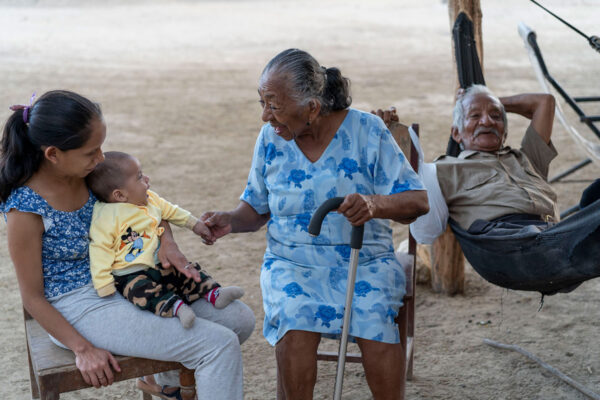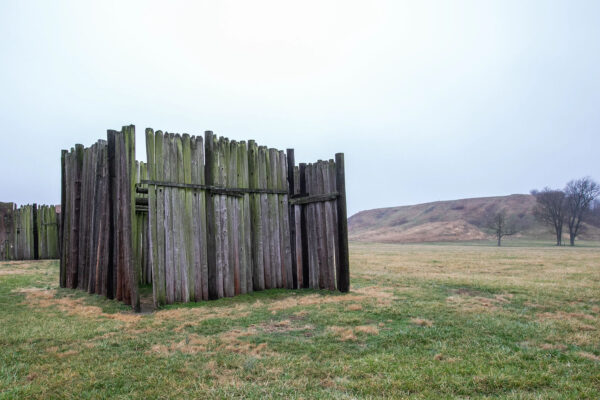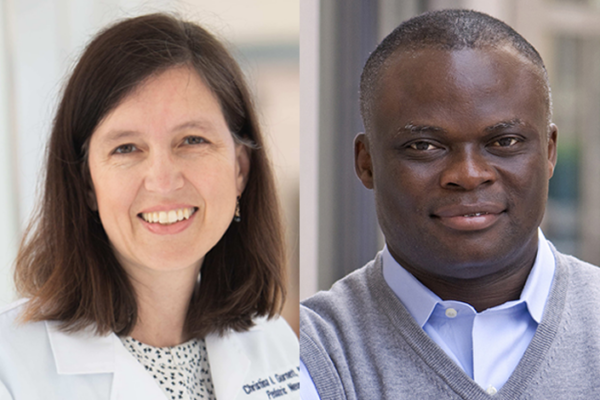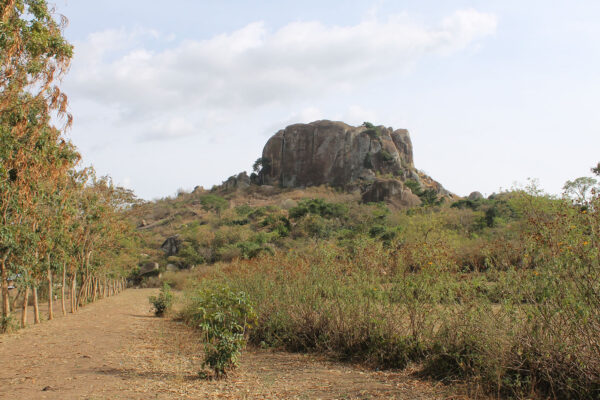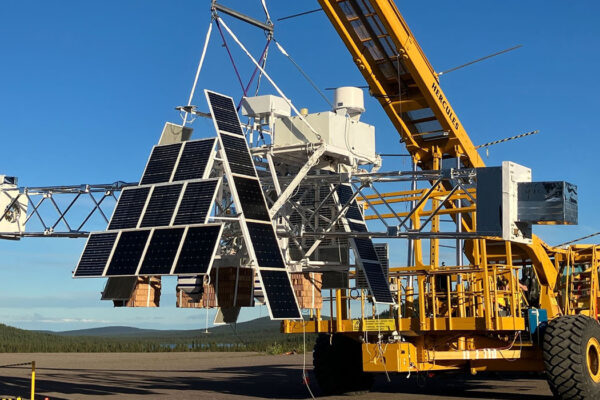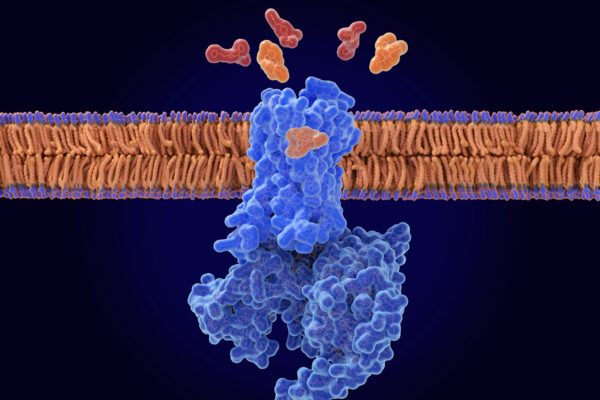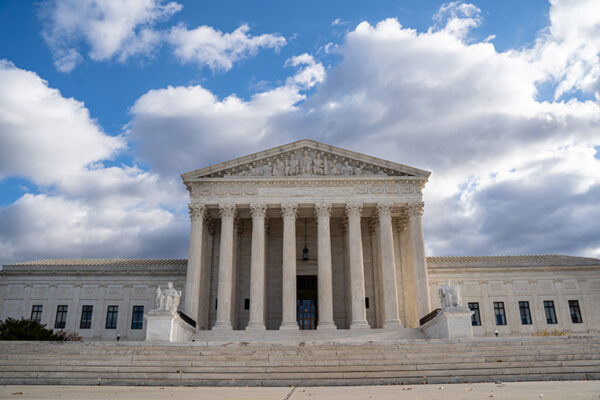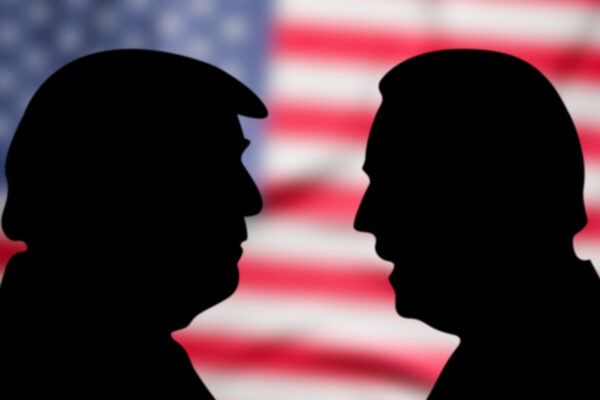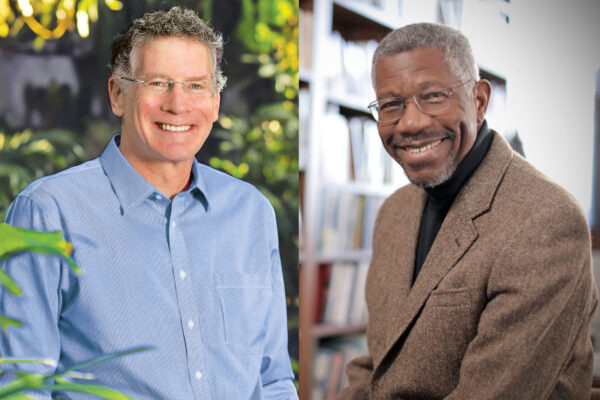Racial disparities in dementia determined by social factors
Racial disparities in dementia are due to social determinants of health, with genetic ancestry playing no role, according to a new study led by researchers at Washington University School of Medicine in St. Louis.
New study adds to mystery of Cahokia exodus
Natalie Mueller, an assistant professor of archaeology in Arts & Sciences, and alumna Caitlin Rankin dig into the Cahokia Mounds’ history to cast doubt on a popular theory about why the ancient city was abandoned.
Gurnett, Ssewamala to receive faculty achievement awards
Christina Gurnett, MD, PhD, and Fred Ssewamala, PhD, have been chosen by their academic peers to receive Washington University in St. Louis’ 2024 faculty achievement awards, Chancellor Andrew D. Martin announced.
Archaeologists report earliest evidence for plant farming in east Africa
Natalie Mueller in Arts & Sciences excavated and identified a trove of ancient plant remains in Kenya that represents the largest and most extensively dated archaeobotanical record from east Africa.
XL-Calibur telescope launched to study black holes
Scientists from Washington University in St. Louis have launched a balloon-borne telescope to unlock the secrets of astrophysical black holes and neutron stars, some of the most extreme objects in the universe. XL-Calibur launched July 9.
Researchers find biological clues to mental health impacts of prenatal cannabis exposure
Researchers at Washington University have found some potential biological clues to explain how prenatal cannabis exposure leads to behavioral issues down the line.
Experimental drug supercharges medicine that reverses opioid overdose
Researchers at Washington University School of Medicine in St. Louis, with collaborators at the University of Florida and Stanford University, identified a compound that, in mice, makes naloxone much more effective at counteracting a drug overdose.
SCOTUS Chevron decision not as dramatic as some had feared
The demise of Chevron is unlikely to result in the dramatic curtailment of agency power that some had desired and some had feared, said Ronald Levin, the the William R. Orthwein Distinguished Professor of Law.
WashU Expert: What’s at stake in Biden’s gamble
Known as a “gamble for resurrection,” leaders in crisis have long pursued risky actions in a final attempt to resurrect their careers. Dan Butler, professor of political science in Arts & Sciences, says the Democratic party is currently weighing its own gamble following Biden’s disappointing first debate.
Early, Losos elected members of American Philosophical Society
Gerald Early, the Merle Kling Professor of Modern Letters in Arts & Sciences, and Jonathan B. Losos, the William H. Danforth Distinguished University Professor in Arts & Sciences and director of the Living Earth Collaborative, have been elected members of the American Philosophical Society.
View More Stories
